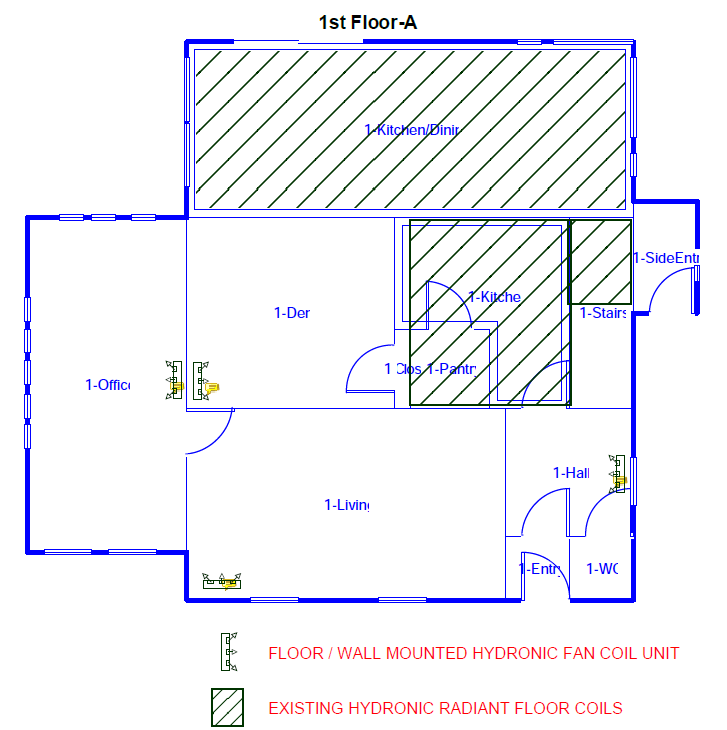
MassCEC’s whole-home air-source heat pump pilot program has been running for about six months now. See our launch posting and our one month, two month, three month, four month, and five month updates for more information. To get the most out of this pilot, we’re trying to share information along the way and are open to feedback so that we can adjust course if needed.
So far we have awarded 27 projects through the pilot (17 existing building retrofits and 10 new construction or gut rehab projects). Of the 27 awarded projects, 7 have submitted project completion documents and been inspected so far. All of these projects have passed our inspection with no issues. So we have a group of whole-home projects that will be going through their first winter this year!
The pilot now has participating installers from 35 companies. We still have plenty of funding remaining to last through the end of the pilot on June 30, 2020 unless the pace of applications really starts to pick up. Of course, I’m still hopeful that the pace of applications will pick up as installers get more familiar with this pilot and designing whole home heat pump systems.
Air to Water Heat Pumps
This past month, we got our first air-to-water heat pump application! Air-to-water heat pumps work on the same principles as air-to-air heat pumps, but they transfer heat into a fluid to provide space heating through hydronic distribution (like radiators or baseboards). They can also provide cooling, if they’re connected to indoor fan coil units that can blow air over chilled water to cool down a space. This year, the Environmental Protection Agency (EPA) recognized air-to-water heat pumps with the 2019 ENERGY STAR® Emerging Technology Award. Air-to-water heat pumps are relatively uncommon in the American market, but they are more common in Europe and China with about 1.7 million units installed per year.
Massachusetts has a lot of hydronic heating, so it would be great to have a heat pump solution that could use existing distribution systems. This May, MassCEC hosted a workshop on air-to-water heat pumps (recordings of part 1 and part 2 available). Most hot water heating systems in Massachusetts use relatively hot water (around 180°F), whereas air-to-water heat pumps are often designed to produce lower temperature water. This means that many homes may require modifications to the distribution system anyway (i.e., these aren’t drop-in solutions), which is the case for the application we received.
This homeowner had existing radiant floor heating in the kitchen and the dining room (see plan above), which will connect to the new air to water heat pump. For the rest of the house, the homeowner is removing steam radiators and installing new low-temperature heating and cooling fan coils.
As part of the pilot, MassCEC had one of our technical consultants, John Siegenthaler, review the project. Two of his main recommendations were to make sure that there was enough thermal storage to reduce system cycling and to insulate all piping and piping components that will handle chilled water for cooling to avoid condensation.
While this is the first air-to-water project in the pilot, MassCEC is supporting several other air-to-water heat pump projects as part of our Affordable Clean Residential Energy (ACRE) program. Additionally, Efficiency Vermont has been a big supporter of air-to-water heat pumps, and they’ve supported seven projects through their program. There are some new products that have just come to the United States market or will be coming soon. All of this to say, that I hope to write more air-to-water heat pumps at some point in the future.
Request for Next Month
For next month, I’m planning to write about some reasons for heat pump service calls. In general, I’m hearing from installers that air-source heat pumps have been performing well in the field, with minimal service calls. Still, as we start to understand how air-source heat pumps work as whole-home heating solutions, we want to head off as many potential issues as possible. If you’re an installer or someone living with a heat pump, please email me about what issues have caused air-source heat pump service calls.
And as always, please email me if you have any questions or suggestions about the pilot.